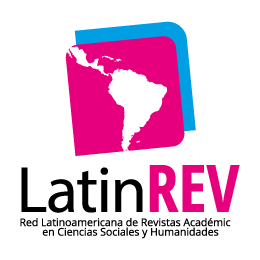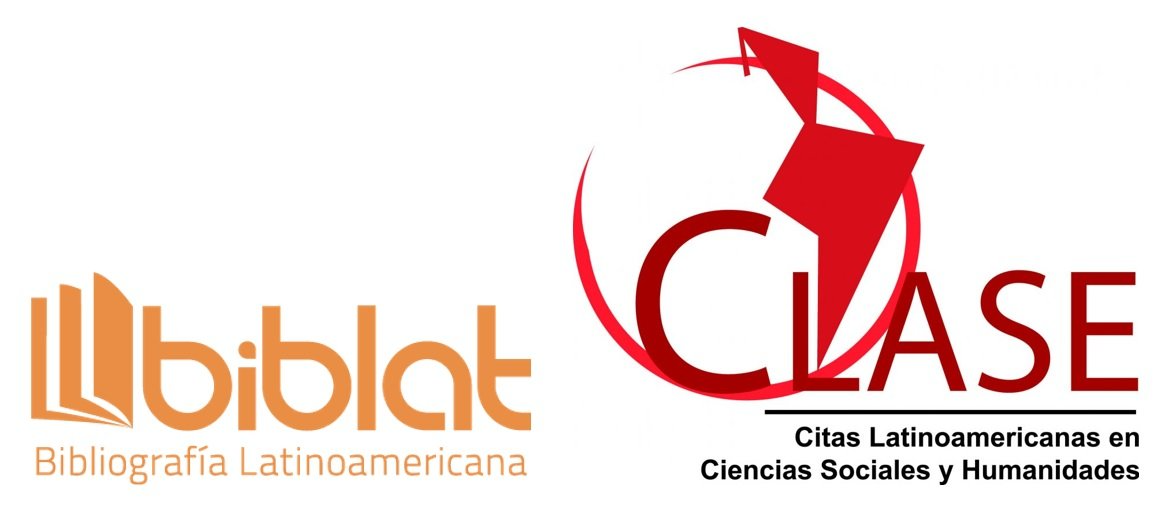Similar Articles
- Jesús Manuel Escobedo de Luna, Influence of the Welfare Program Income on the Elderly on the hunger of the poorest strata of Mexico in the year 2022 , Vínculos Sociología, análisis y opinión: Vol. 6 No. 11 (2025)
- Gabriela Patricia González del Ángel, Israel G. Ozuna García, Peri-urban kitchenspaces and their value as territories of cultural resistance to neoliberal culinary modernity , Vínculos Sociología, análisis y opinión: Vol. 6 No. 11 (2025)
- Ana Patricia Quintana-Ramírez, Andrea Bernal Pedraza, Community organizations that supply water, a legacy of good living in contrast to colombian regulations , Vínculos Sociología, análisis y opinión: Vol. 3 No. 6 (2022)
- María Guadalupe Díaz Santos, Habitus and vulnerability: a theoretical dialogue to manage the water rationing , Vínculos Sociología, análisis y opinión: Vol. 3 No. 6 (2022)
- Silvia Valiente, The Covering of the subject and memory of the territory in connections of disposal , Vínculos Sociología, análisis y opinión: Vol. 2 No. 3 (2021)
- Luciana Fernández, Los Patos River is not to be touched. Reflections on equality, self-determination and autonomy of peoples in extractivist contexts , Vínculos Sociología, análisis y opinión: Vol. 3 No. 6 (2022)
- Olga Lucía Méndez Polo, Multiple water and peasant identities from a hydraulic infrastructure: case of the Chingaza system, Colombia , Vínculos Sociología, análisis y opinión: Vol. 3 No. 6 (2022)
- Francisco Gutiérrez Zúñiga, Hungry Cities: How Food Shapes Our Lives , Vínculos Sociología, análisis y opinión: Vol. 5 No. 9 (2024)
- Karina Beatriz Kloster, The Cutzamala System as a hydrosocial cycle , Vínculos Sociología, análisis y opinión: Vol. 3 No. 6 (2022)
- Ricardo Romo Torres, Memory, ethics and cordiality. Between remembering and seeing-giving , Vínculos Sociología, análisis y opinión: Vol. 1 No. 2 (2020)
You may also start an advanced similarity search for this article.





